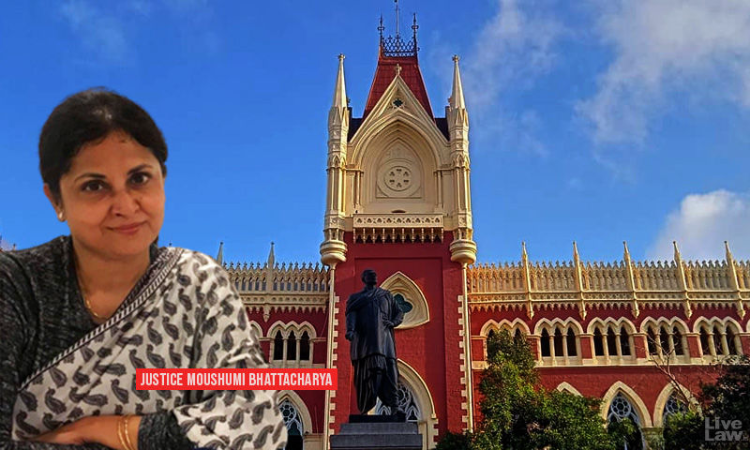Persons With Disabilities Act Shifts Focus From Their Protection To Empowerment: Calcutta High Court
Hannah M Varghese
9 Aug 2022 10:29 AM IST

Next Story
9 Aug 2022 10:29 AM IST
The Calcutta High Court on Monday quashed a resolution passed by the Governing Body of a College refusing to consider a person with physical impairment for appointment in the physically handicapped category, finding it to be in violation of the Right of Persons with Disabilities Act, 2016. Justice Moushumi Bhattacharya observed that the 2016 Act which replaced the Persons with Disabilities...
